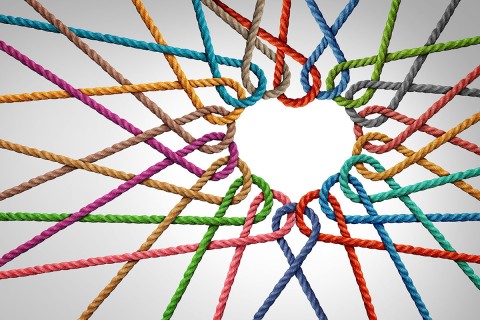Where is my love to go?
Imagine God asking that question. You’ll get an insight into God’s heart.

I’ve had the privilege of experiencing ministry in many settings. I’ve spent time in a rust belt postindustrial community and in a commuter suburb. I’ve served in an outer-urban housing project and in a shabby-chic urban village. I’ve enjoyed a prestigious university chapel and a world-famous church at the center of a global city. But there’s been one consistent thread throughout: people’s powerlessness.
In every setting, I’ve sensed that ministry is about encountering people in their powerlessness. Some powerlessness is obvious: a person can’t find a place to sleep or a job to feed their family. Some is subtler: a Nobel prize winner can’t find a way to translate the findings that brought such acclaim into a product that can address a basic human need.
Most people know what Christianity is supposed to be about: it’s about the powerlessness of guilt, and how Christ wipes that guilt away, enabling us to live freely, now and forever. But not many people struggle with guilt in such a straightforward way. In my experience, people are mostly depressed by failure—their own shortcomings and their inability to be able to put such gifts as they have to work in making things better for themselves or others. If I have one simple message to this large majority of people I’ve met in my role as a pastor, it’s to stake less on such measurable outcomes that are perpetually out of reach and channel more energy into relationships that can be had and fostered today.




